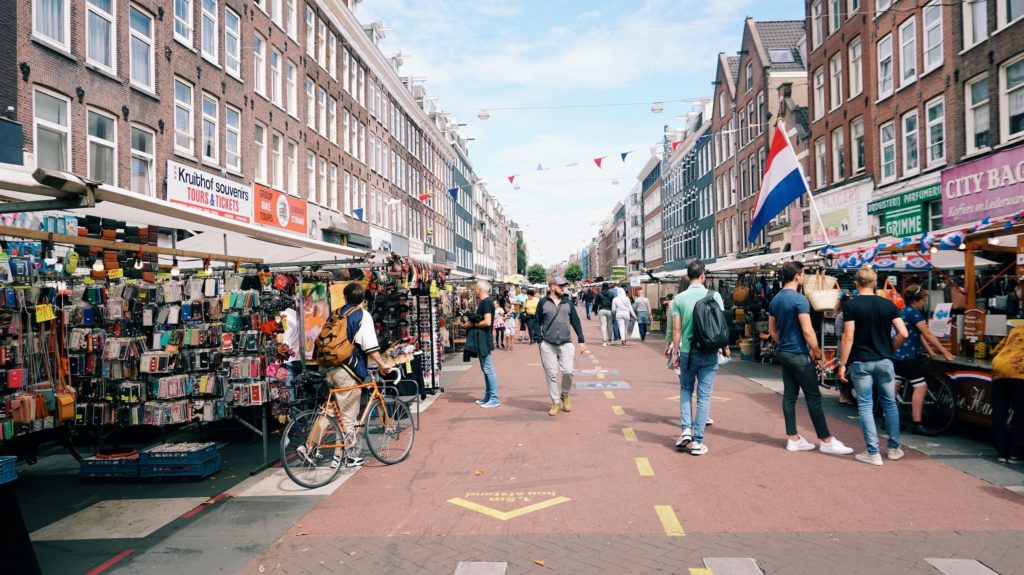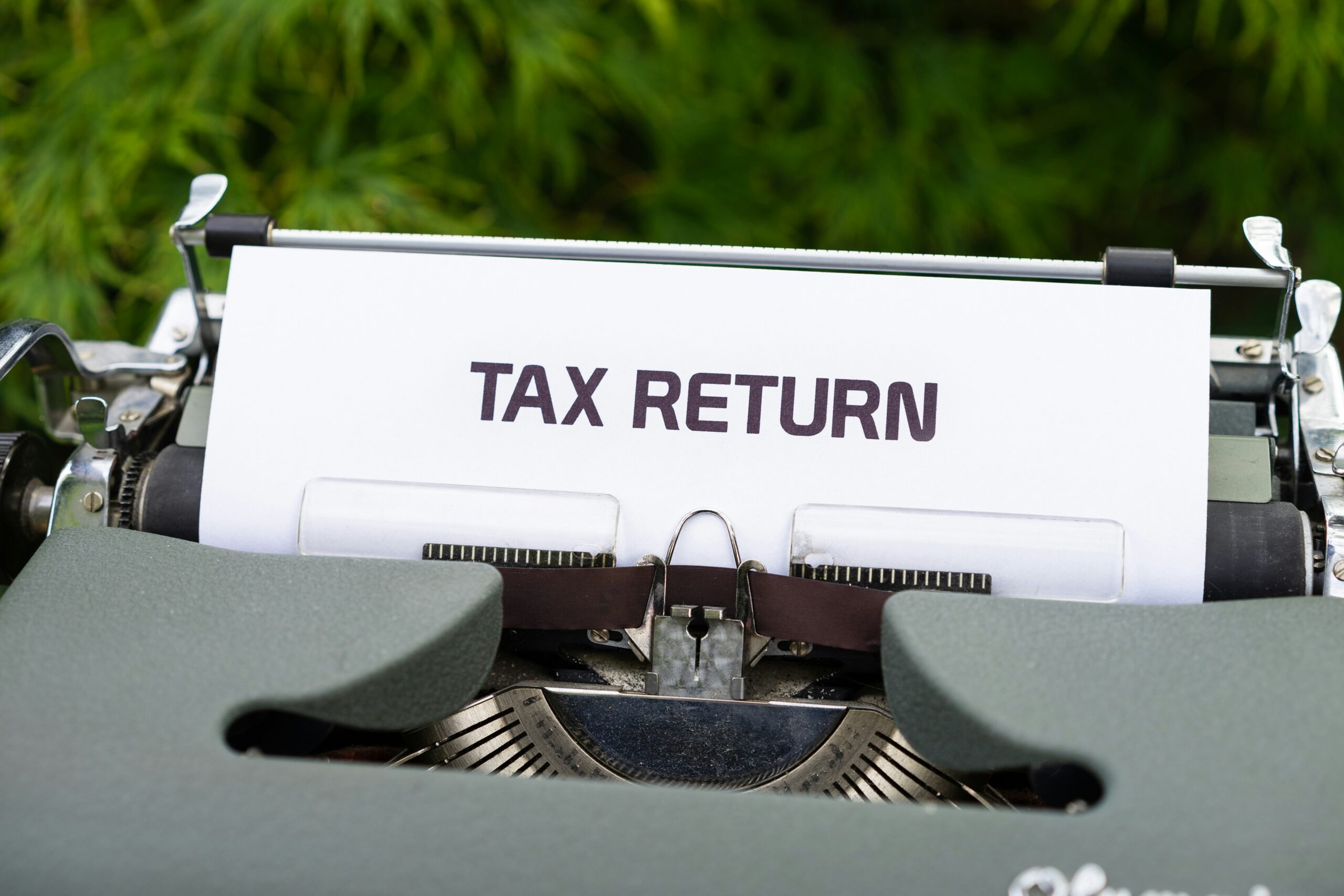All Dutch businesses that engage in trading at the level of the European Union (EU) must have an EORI number. Each economic operator is identified by an individual code known as an EORI number (Economic Operators Registration and Identification).
Format for EORI numbers in the Netherlands
The country code (NL for the Netherlands) and the special code produced for each Dutch company, which is represented by the company’s fiscal number, are both parts of the EORI number in the Netherlands. The number will start with one or two zeros if the fiscal code of the company has less than nine digits. The Netherlands’ legal system mandates that a Dutch EORI number adhere to the following order: NL + 9 figures.

Eligibility for EORI number in the Netherlands
Both natural people and legal entities engaged in commercial activity on the territory of the European Union are referred to as economic operators in the application form. According to EU rules, EORI registration must be finished in the nation where the economic operator resides for tax purposes (tax residency is a concept applicable to both individuals and companies). Accordingly, the following operators must sign up with the EORI system:
- every individual and organization conducting business with EU customs authorities
- all companies registered outside the EU that conduct customs business inside the EU
- additional people and businesses mandated by national law to apply for EORI numbers
- under certain conditions, EU diplomatic posts may also be required to register with EORI
- NGOs, associations, and international organizations may need it
Exemption
Those who moved to the Netherlands from another EU nation where the economic operator has already been registered in the system are exempt from needing the number. This occurs because of the EORI number’s single registration requirement and its universal EU-wide validity.
Registration for EORI by foreign businesses in the Netherlands
One significant circumstance that pertains to foreign enterprises looking to obtain Dutch EORI numbers is the local legal entity through which foreign corporations conduct business in the Netherlands. Through subsidiaries and branch offices, they can conduct business. Branch offices must receive it from their parent firm to use it for operations across all their branches. A company subsidiary must however apply for its EORI number. This requirement results from the fact that the subsidiary is an independent company, but the branch office is a dependent one. Before submitting an EORI application, candidates from foreign states must first get VAT numbers in their home countries. The same treatment will be provided to businesses with non-EU registrations when they apply for Dutch EORI numbers. A foreign firm won’t need to apply for registration with Dutch Customs if it already possesses the number from another nation. In any case, all EU member states will have access to it once it is obtained.
Dutch application for an EORI number
To apply in the Netherlands, an economic operator must fill out a standard form and submit it to the Dutch Customs Administration. The form may be filled out as a PDF file and emailed to this authority. The application has two sections. Section one contains the applicant’s identity – the company’s name, address, VAT number, and the applicant’s signature. The other section outlines the categories of data that will be kept by the Customs Administration and forwarded to the EU database.
When the Netherlands’ EORI number is required
In the Netherlands, all commercial enterprises engaging in trading operations must have the number. The law requires the assignment of an EORI number whenever commodities are traded through customs. However, when selling goods with nations outside of the EU, customs officials demand it. However, it will be required by the customs authorities when trading specified categories of goods at the EU level, for the import-export of goods like alcohol or tobacco. The products in this situation must be declared to the local customs office.





